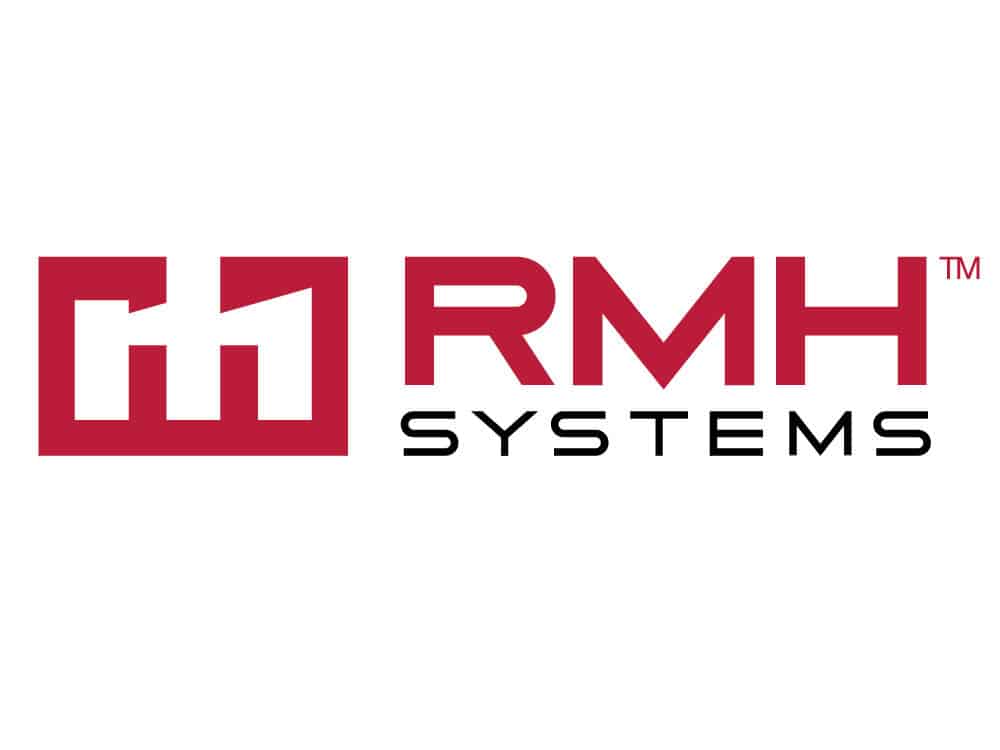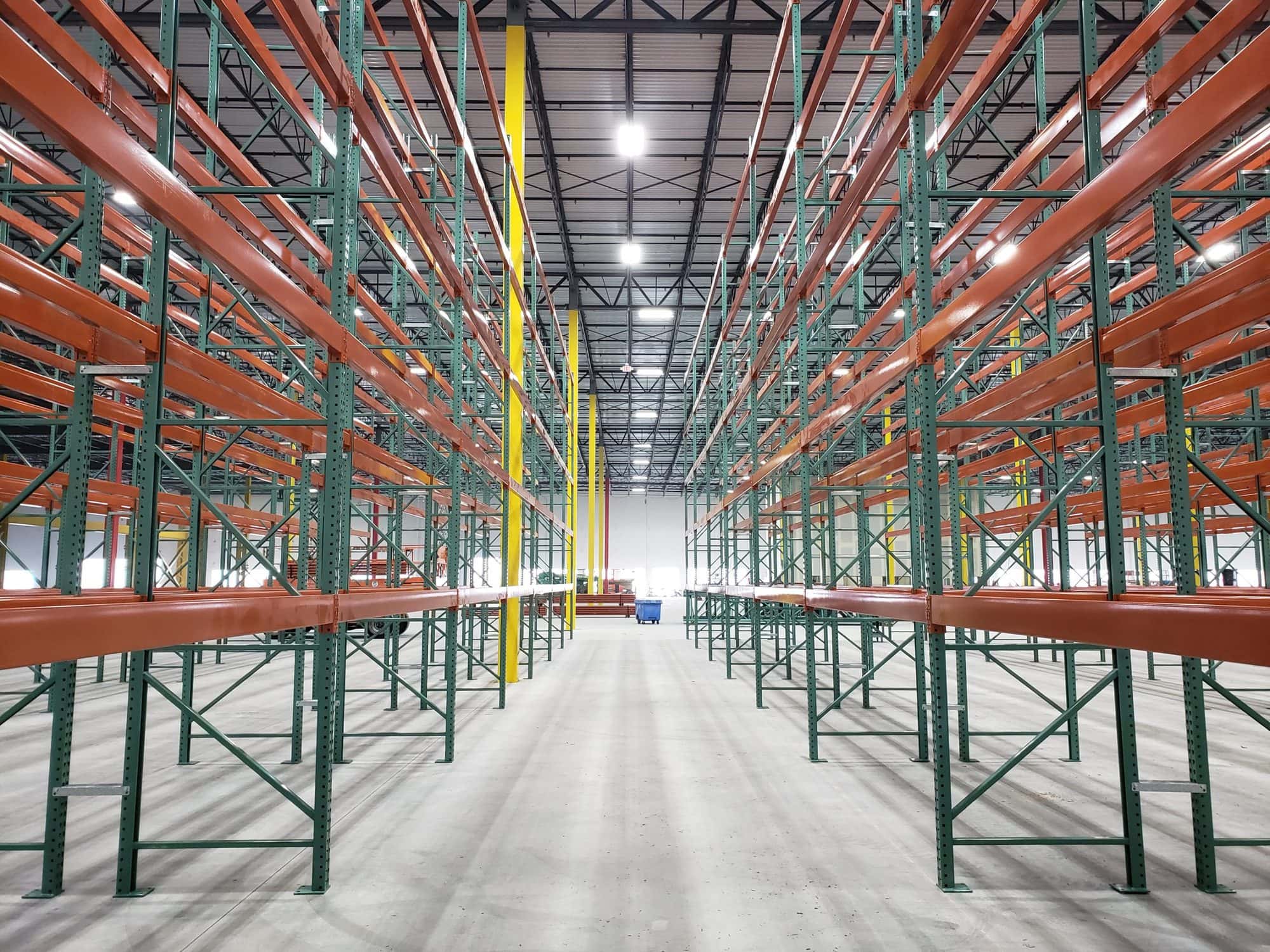What does the auditor’s wife say to her husband when she can’t sleep? “Tell me about your day.”
Yep, auditing is dull and tedious work, but when your freight expenses can be between 4 and 15% of your revenue, making sure you understand what’s going on is worth a little tedium.
Why Audit?
Yes, it’s dull. Yes, you have better things to do. But there are many good reasons to conduct audits of your freight charges.
- To discover if you’re spending money on transportation that didn’t need to be spent.
- To help identify the carriers that best meet your needs. Just like any other service provider, some shippers will fit your business model better than others.
- To identify your company’s best practices in shipping and create a process that meets those goals.
- To ensure that any customer-requested additional service costs are managed and passed on.
What’s Involved
The word “audit” sounds scary and complex, but it can be as simple as a quick comparison of the quote to the invoice or as complicated as getting a CPA involved. We’re just going to cover some basics and stop well short of hiring an accountant or buying a TMS.
First and foremost, make sure that the invoice is valid by matching it to the shipment and ensuring it’s not a duplicate bill.
The second and probably most important thing you can do is ensure that the invoice matches the quote. If it does, both your shipping department and your carrier get a gold star. If not, why not? By understanding the discrepancy and where it happened, you can improve your in-house process or identify and correct any issues at the carrier.
If you do only these two things and track the results you’ll be ahead of the game. Keeping records gives you the ability to identify the carriers who take the best care of you and separate them from any “problem children” you may be working with. An additional benefit is that you can find areas where your shipping department can improve and use the results to grow knowledge and boost performance.
While it’s certainly possible to go deeper and do a more complete audit in house, it starts to get expensive after covering the above. If you need more, a TMS can help or you can outsource to a reputable 3PL and let them handle your freight details.
In closing, be aware that shipments through a broker probably won’t provide the detail you need to audit shipments done through them. Also, one of the more interesting things I learned while researching this topic is that the difference between a 3PL and a broker is that the 3PL partners with you and acts strategically to improve your shipping over time as well as handling individual freight. A broker is more tactical and is generally only concerned with the individual shipments.
Related Articles

Steel Prices are Rising. How it Affects You
The price of steel used in structural buildings, framing, and warehouse storage systems can be hard to anticipate. Because steel is a global material used in many different products, the price changes based on activity [...]


